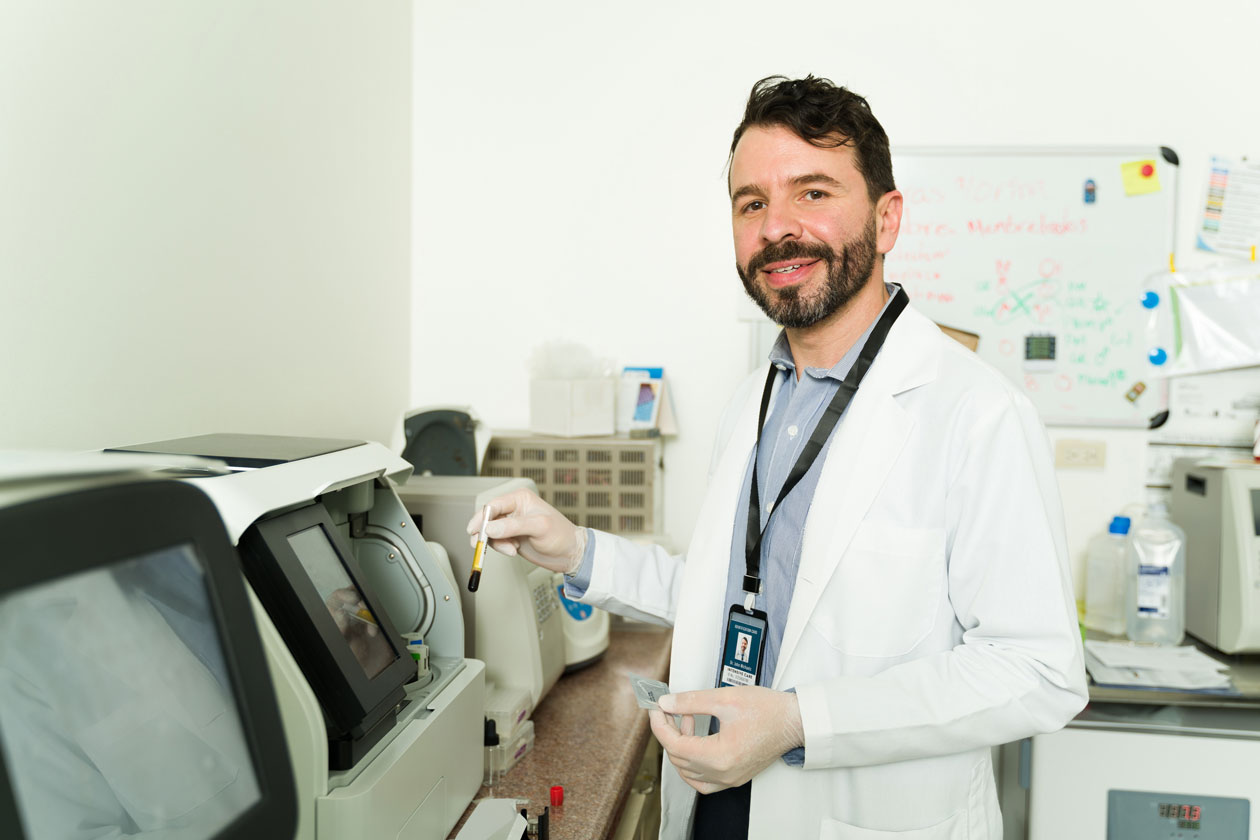MEDICAL MICROBIOLOGY
Medical microbiology is the study of pathogens, their modes of transmission, mechanisms of infection and immunological response. The University of Florida College of Agriculture and Life Science and College of Medicine collaboratively offer a Master of Science Degree and a Graduate Certificate in the field of Medical Microbiology through the Department of Microbiology and Cell Science and the Department of Molecular Genetics and Microbiology, respectively.
Designed to fit your schedule, this fully online graduate program will give you an in-depth understanding of:
-
- Structure, physiology and genetics of infectious agents
- Relationship between pathogenesis of infectious disease with causative organism
- Antimicrobial action and mechanisms of resistance
- Use of genomics to further unravel the complexities of the microbiome
- Bioinformatics for microbiology research

.png)

